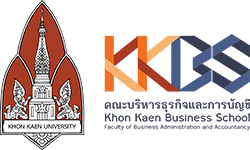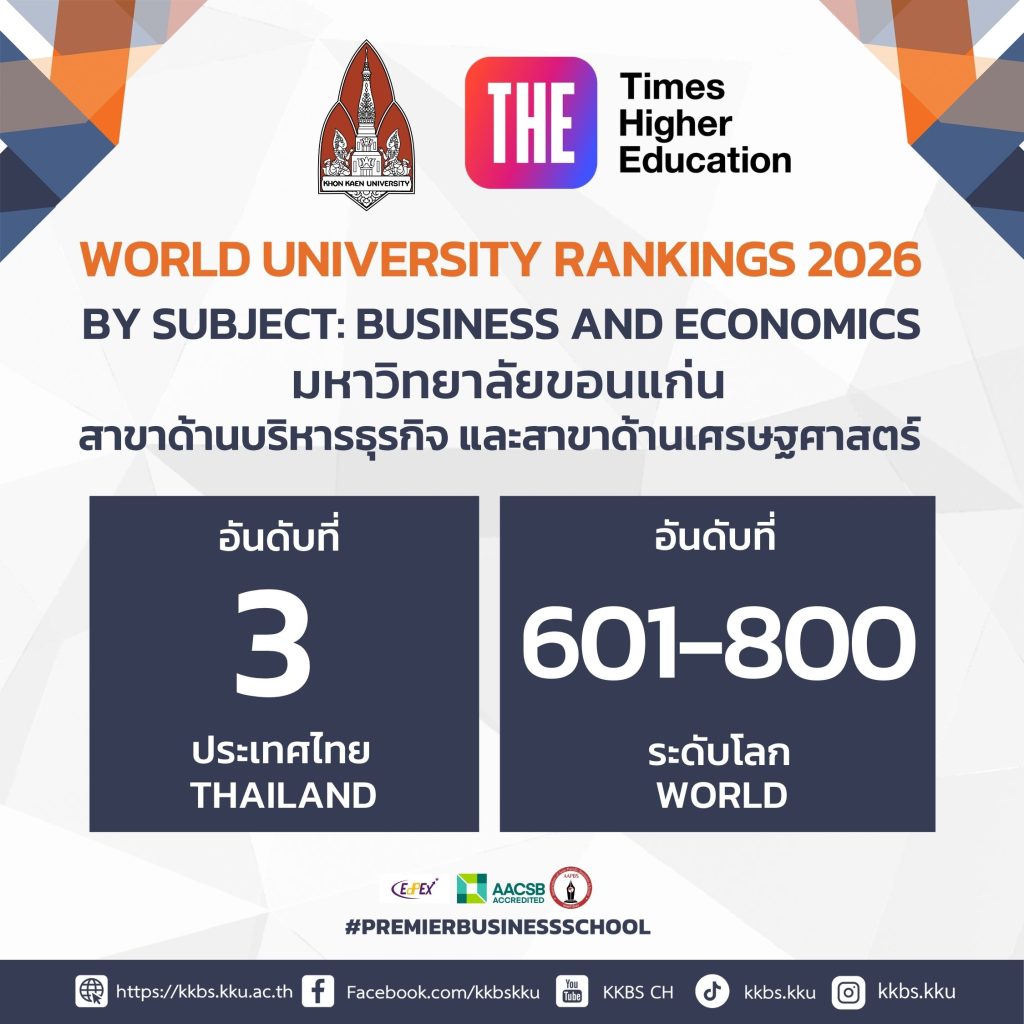About Us
Management
Curriculum
Student exchange
For students
Extracurricular Activities
Research and Academic Services
Research Center


